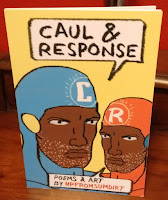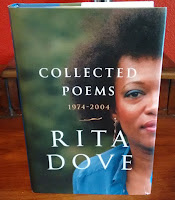The Righteous Mind: Why Good People are Divided by Politics and Religion by Jonathan Haidt

The Righteous Mind: Why Good People are Divided by Politics and Religion by Jonathan Haidt was recommended reading for a class I took on morality. After watching his Ted Talk, I was intrigued, so I decided to read the book. I hoped for insight to help me communicate better with those with whom I disagree about politics and religion... This book didn't provide that kind of guidance. Haidt's research is interesting. His conclusions less so. His writing is approachable, and he explains both his research and his conclusions well. However, I found his redefining of terms to better fit his research disheartening because it felt disconnected from reality. I found The Righteous Mind reminiscent of religious apologists only applied to politics. The vast majority of the book hones in on politics leaving little room for a discussion on religion. Honestly, I found The Righteous Mind frustrating and insulting while it re-enforced my disdain for labels even when it tried to achieve the







